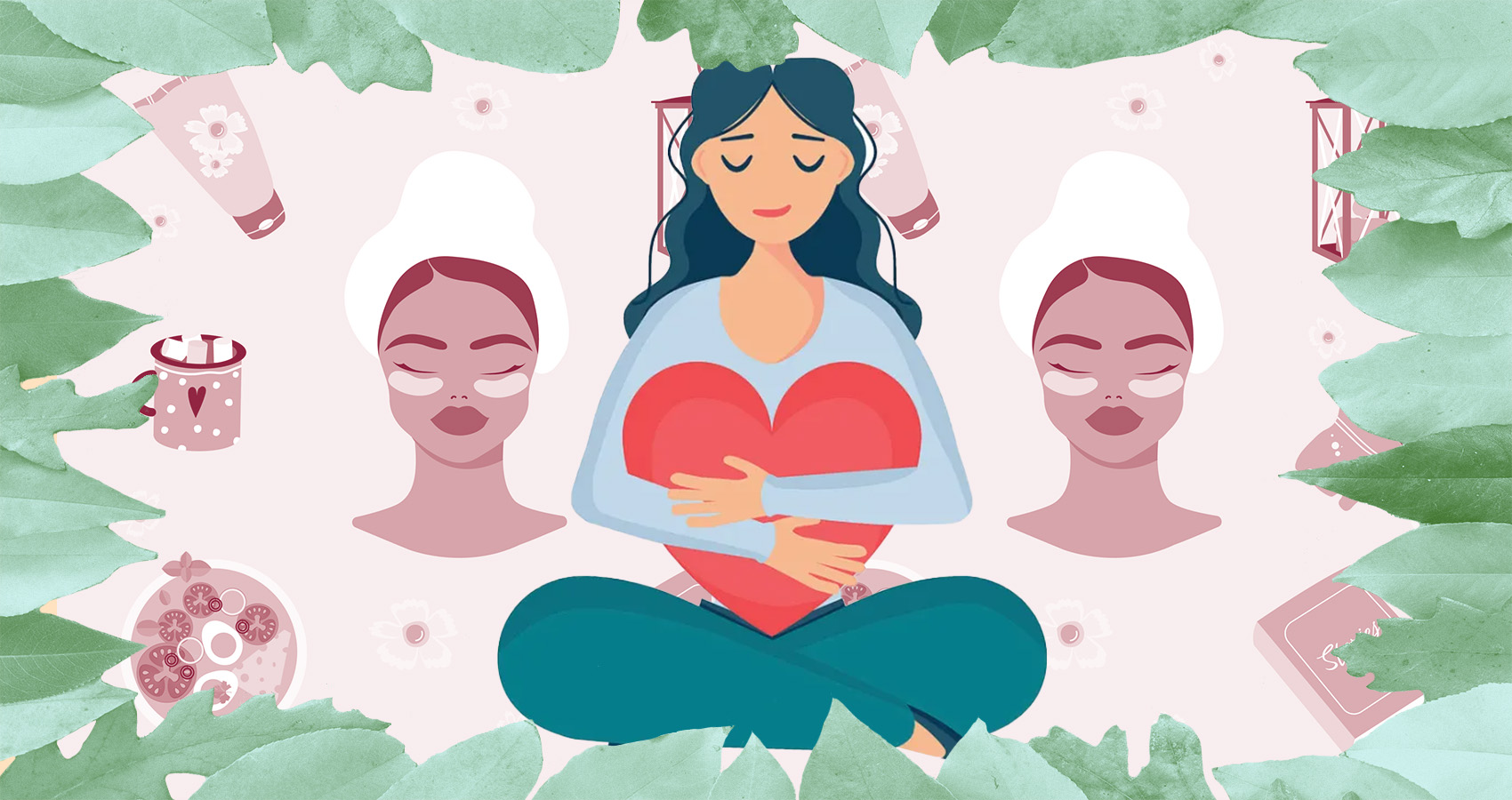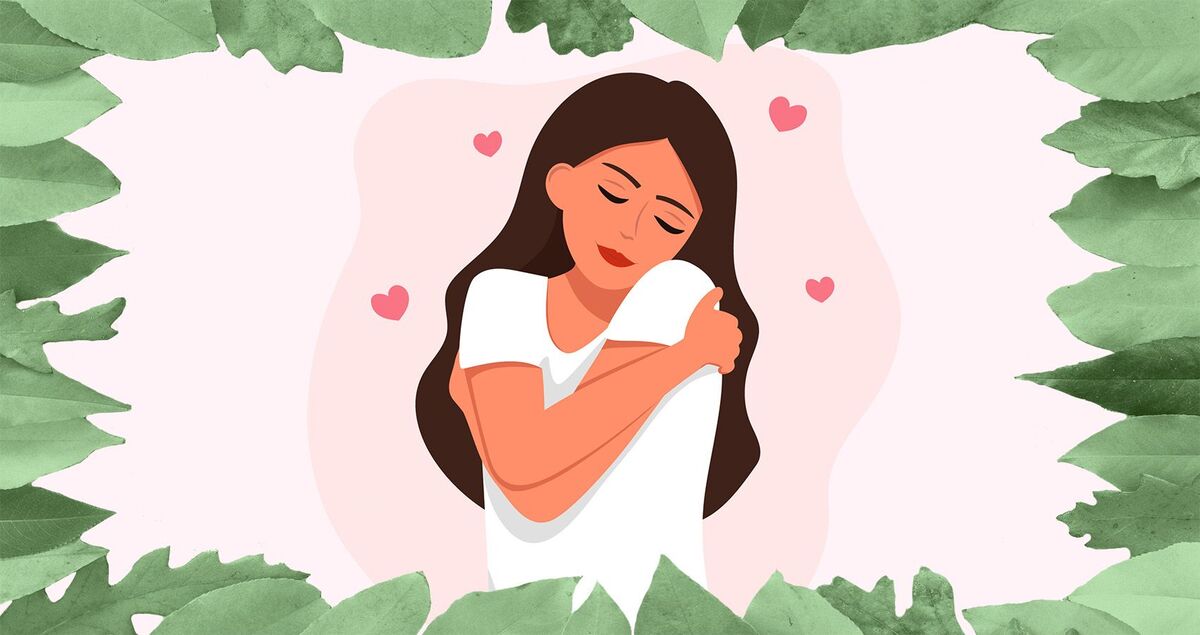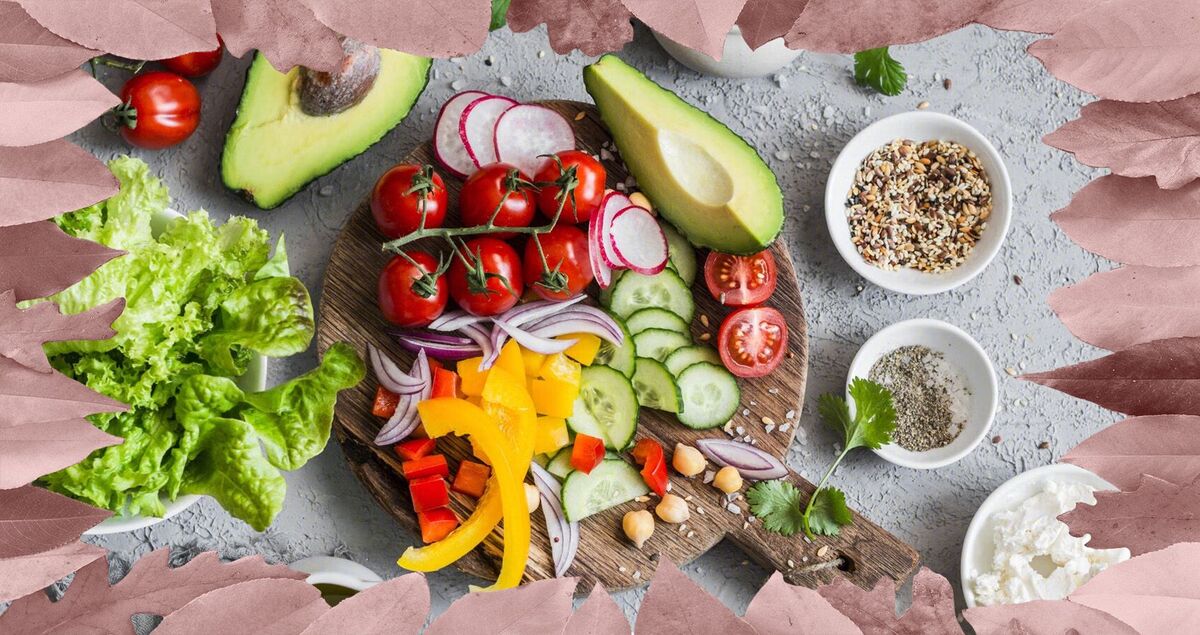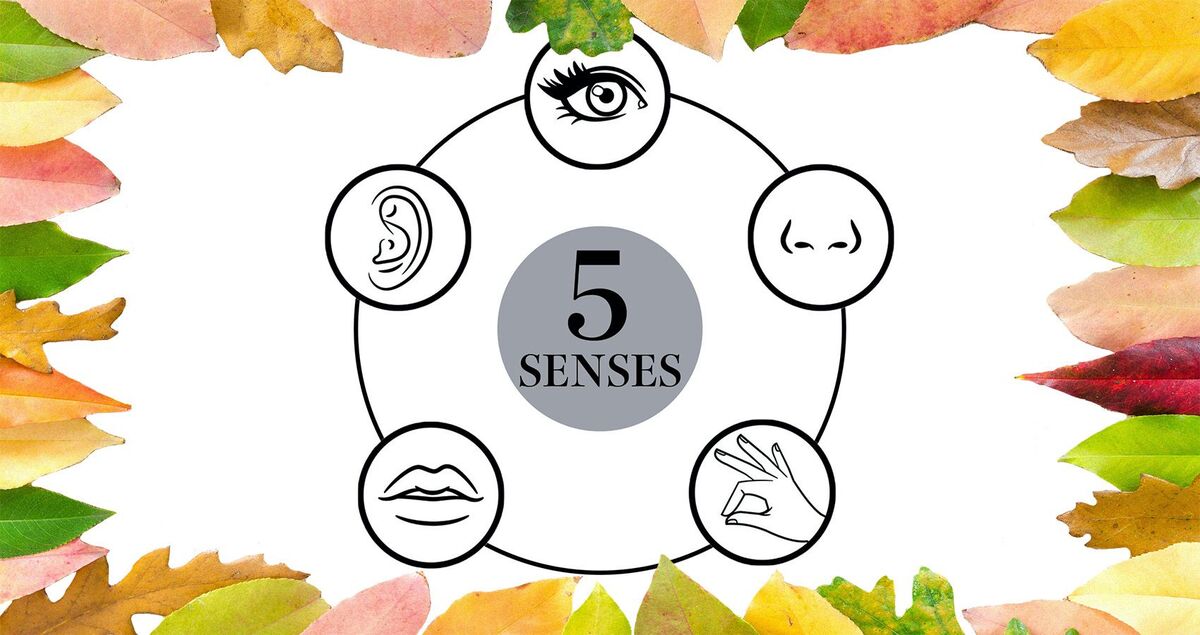
Self Care - The Concept That Will Change Your Life
Avoid stress and anxiety with intentional self-care practices.
Nearly everyone has gone through it at some point in their lives - that unmistakable feeling of being at the end of their tether. That moment of sheer despair when you decide that you can’t take any more, that you aren’t able to access the support you need, you’re alone and in a dark place.

Most of us find a way to cope, snap out of this mood, or simply wait it out. While there is much to be said for being able to rise above the dark clouds, what we’re saying is that you don’t have to be there in the first place.
The path that took you there need not have been taken at all. With timely course correction, you could easily have avoided the stress and distress. Perhaps your experience may not have been as stressful or as desperate but stress, anxiety, nervousness, unease, worry and feeling on the edge are the warning signs on the road that you should pay attention to. They are the alarm bells that tell you that you must attend to the issue before it takes over your life.
The simplest and most effective solution is self care. It acts as a preventive measure, and is a long term, powerful and practical approach. You remain in control and take responsibility for your own wellness, mental and physical health, while still staying connected with your larger social environment.
What Is Self Care?
Over the last two decades, experts and researchers in the field of health and fitness have discovered that sustainable and regular self care offers amazing benefits.
When you hear the term self care, there are usually two things that come to mind. The first is that it is a form of selfishness or self-centeredness that you would be reluctant to indulge in. The other response is that it’s associated with retail therapy, binging on your favorite dessert, a day at the spa or salon, getting a massage, or getting away from it all. While these activities are no doubt pleasurable mood lifters, they are not long term solutions. The inevitable drop after the high of the moment is accompanied by guilt, regret and those Oh No moments.
Self care is a concept that encompasses much more. It means consciously taking time and making the effort to reflect on your needs, goals and preferences. It involves stepping out of your comfort zone, exploring new ideas that can help you to feel mentally and physically better, develop genuine self-esteem and deal with anxiety and stress in the best possible way.

Practicing self care helps you to:
-
Connect with yourself
-
Understand your needs, aspirations, goals
-
Care for your emotions and those of others
-
Strengthen your relationships
-
Appreciate and acknowledge your support system
-
Manage your time and resources
-
Find the right way to arrange your schedule
-
Practice gratitude and mindfulness
-
Improve your physical and mental health
-
Achieve better energy levels and reset your vibe
-
Incorporate these concepts into your daily life
Easy Self Care Tips To Transform Your Life
Any self care activity that you practice has to be done consciously, deliberately and with complete understanding of its purpose and outcome. It could be a fun activity, a physical or mental exercise, a mindful task or social enterprise. This is the essence of self care. It is not just a random activity, but has to be intentional and connected to a higher purpose. Rest and Digest has some great tips on their website.
Know Yourself: The ancient maxim “Know Thyself” lies at the heart of self care. Take a long, leisurely look at your state of mind and body. What are the changes you would like to make, and why? This is your starting point.

Sleep: It’s easy to get into an endless loop of long working hours and going without sleep. The results can be disastrous. Burnout and anxiety are common features of continuous exposure to the “Fight or Flight” stress response. To calm down and bring the body back to the “Rest and Digest” state, you need good quality and quantity of sleep. Adopt a sleep routine and stick to it.

Nutrition: Grabbing a bagel and coffee instead of a nutritious breakfast, binge eating when the hunger pangs strike, too much processed food are all no-no’s when it comes to protecting your physical health. Consciously adopt a balanced diet that includes fresh fruits, vegetables, whole grains and proteins, and when you eat, enjoy the smell, sight, flavors and texture of your food. This means you have to shop consciously and ensure that your family buys into the concept.

Meditation: Make time to reflect. Meditation doesn’t mean going into a trance for hours. It can be for ten minutes or an hour when you simply watch your breathing and observe your own sensations and thoughts.

Digital detox: You may think you can’t survive without your phone, but when you try it, you’ll realize that it’s not indispensable. Use other methods of communication such as writing a note or talking to your neighbor over the garden wall, using an analog clock to set alarms, try to memorize phone numbers instead of clicking on the name in your contact list.
Exercise: Physical activity has the immediate effect of releasing feel good hormones. Remember that there’s a difference between exertion and exercise. All movement need not be beneficial. Plan a regular exercise schedule in tune with your health status, preferences and convenience. Don’t wait for a buddy or a spouse to join you. This can also be your own Me Time and thinking space. Try different types of activity such as yoga, Tai Chi, pilates, running, walking or aerobics.

Sensitize: Teach yourself to be more aware of your surroundings and use all your senses individually. For instance when you’re out on a walk, ask yourself what you can see, hear, touch, smell and taste.

Support Groups: Engage with different support groups, volunteer and spend time doing things that will make a difference to others. Giving of yourself is one of the best things you can do to benefit yourself! it is also a great way to learn to ask for help whenever you need it.











